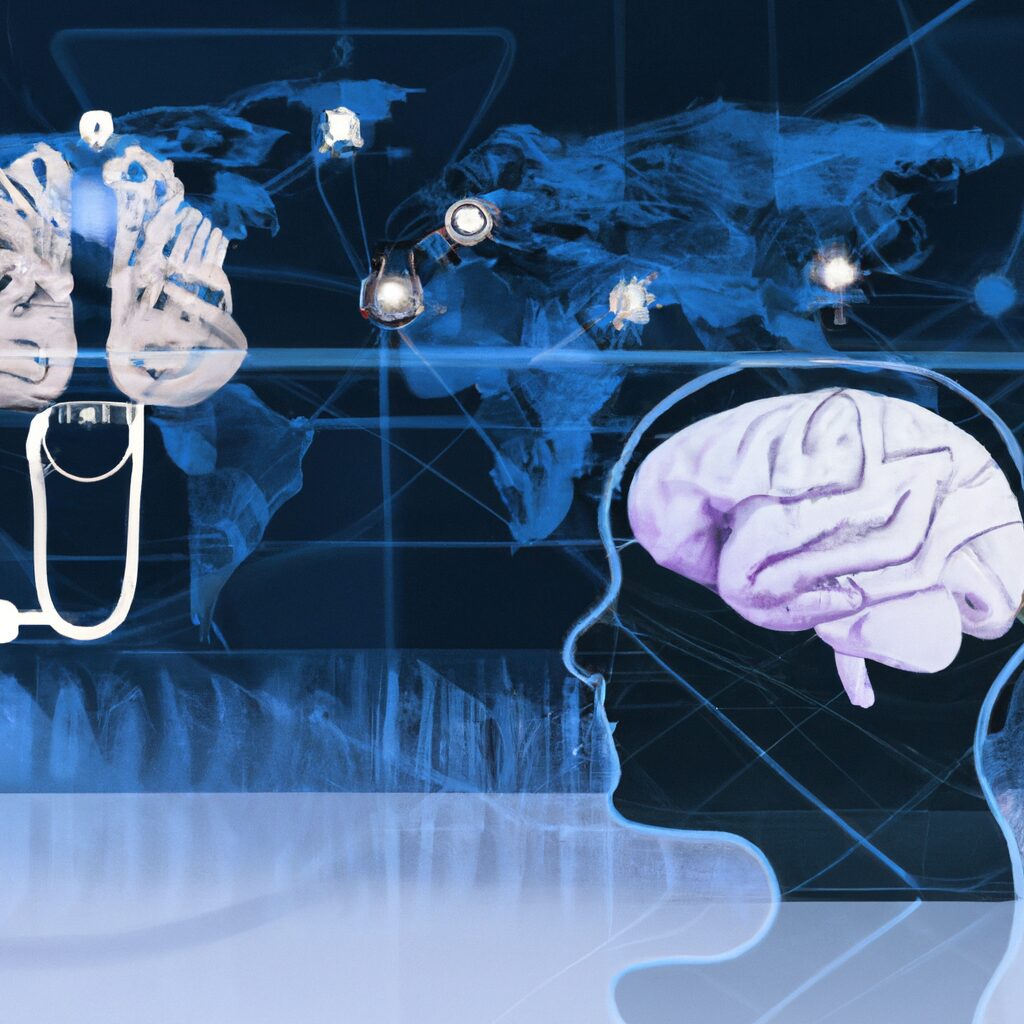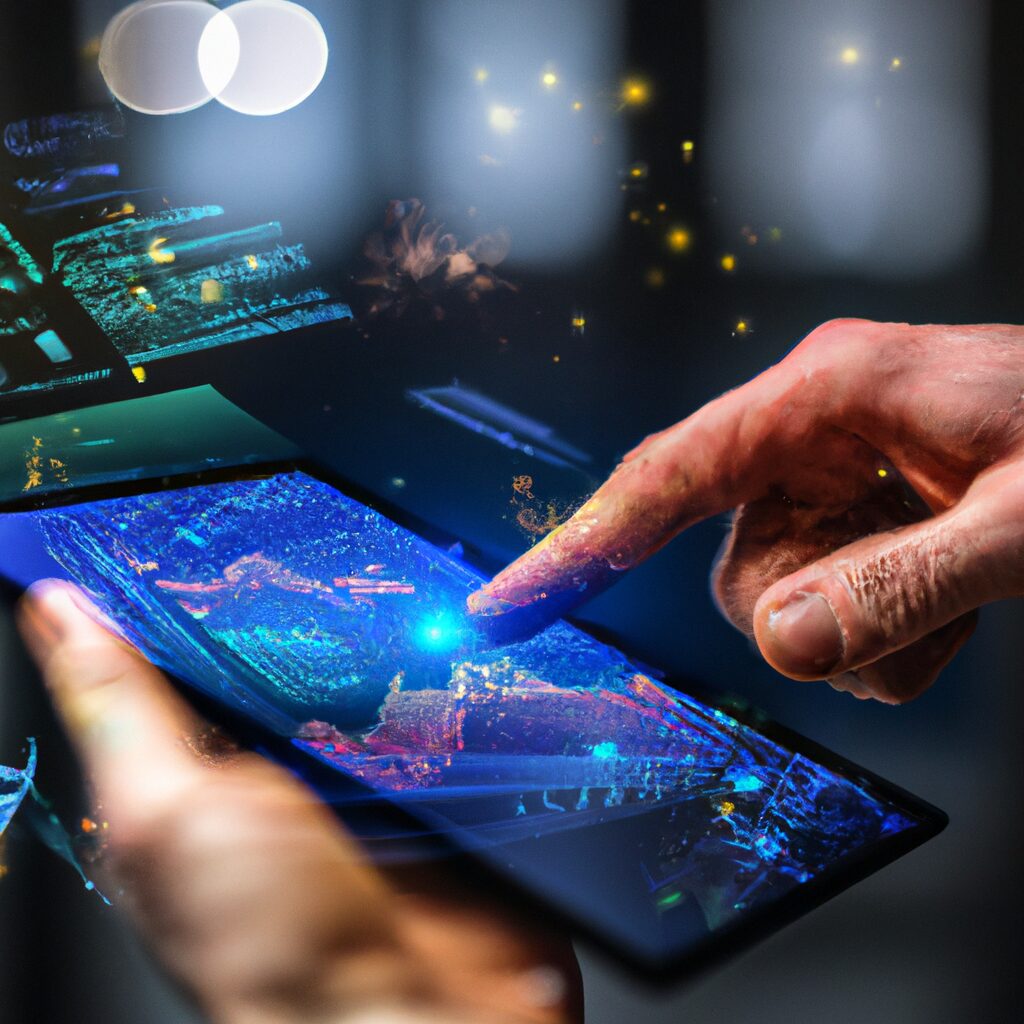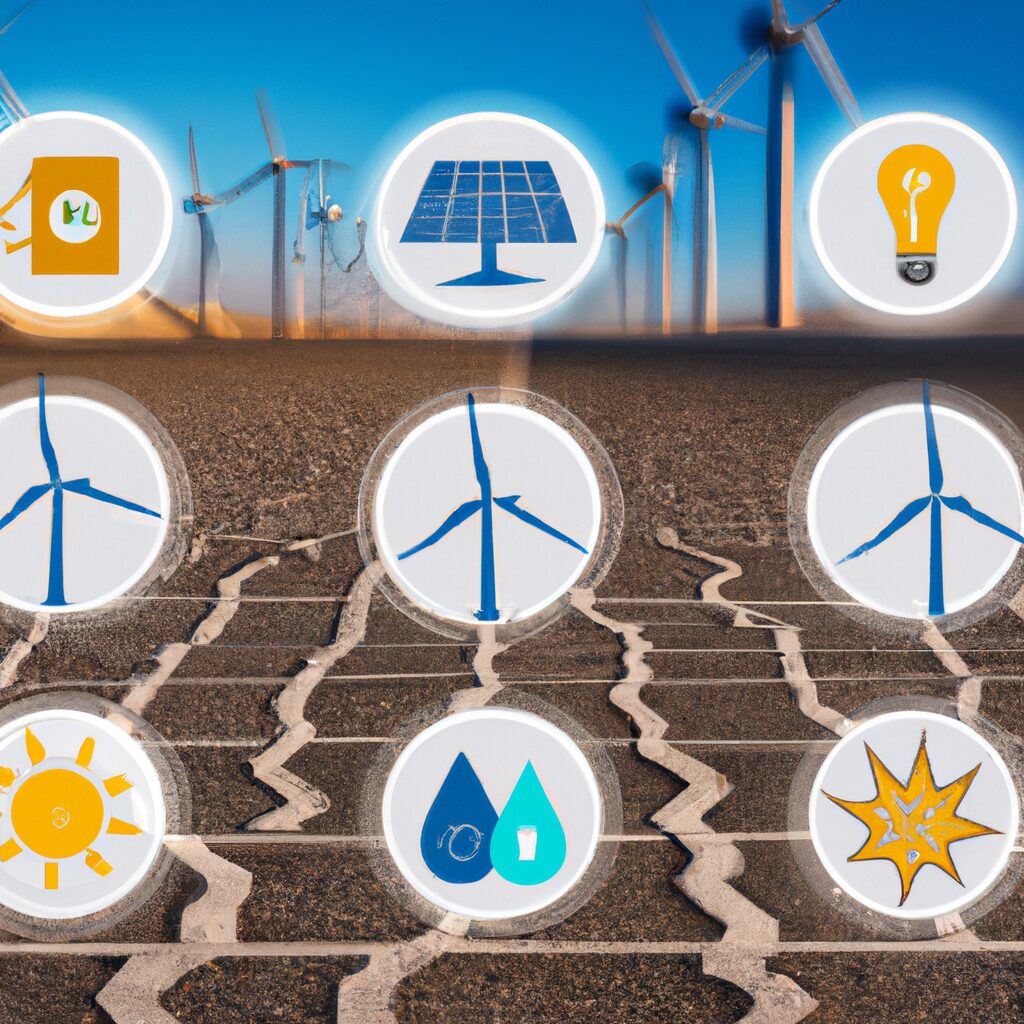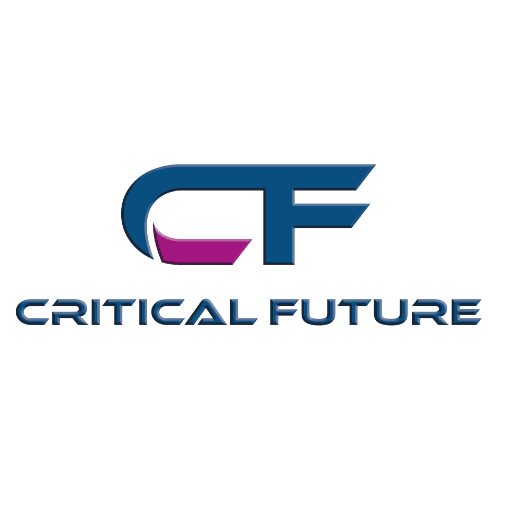AI Trends Shaping 2025: Transformations Across Healthcare, Finance, and Renewable Energy
- March 16, 2025
- Posted by: Mai - CF Brand Ambassador
- Category: Daily Blogs
AI Trends Shaping 2025: Transformations Across Healthcare, Finance, and Renewable Energy
Imagine a world where AI has become an omnipresent force, seamlessly integrating into our daily lives and industries. In 2025, this is no longer a far-off concept—it’s a tangible reality. Artificial Intelligence (AI) is profoundly reshaping sectors like healthcare, finance, and renewable energy, driving unprecedented efficiencies and creating new paradigms of operation.
AI’s Pervasiveness in Healthcare
The healthcare industry, traditionally cautious, is witnessing a transformative wave powered by AI. In 2025, AI tools have become crucial in diagnosing diseases with remarkable accuracy and speed, thereby enhancing patient outcomes. These advancements are largely due to breakthroughs in machine learning algorithms and the integration of AI systems in clinical settings. Machine learning models can now identify complex disease patterns that were previously imperceptible, even to seasoned professionals.

AI’s Integration into Financial Services
In financial services, AI is proving to be a game-changer, offering predictive analytics and fraud detection capabilities that were unimaginable a few years ago. By 2025, financial institutions extensively use AI to analyze massive datasets, providing insights into market trends and potential risks. This trend is backed by cutting-edge models capable of learning from historical data to predict future market movements, enhancing the decision-making processes of investment firms worldwide.

AI’s Role in Renewable Energy
Sustainability and efficiency in energy production have become critical challenges that AI is helping to solve. As of 2025, AI systems optimize energy grids by balancing load distribution and enhancing the integration of renewable sources like wind and solar power. These systems offer dynamic energy management solutions, ensuring that resources are used efficiently and waste is minimized, paving the way for a more sustainable future.

The Future Implications of AI Advancement
“AI is not just improving current systems; it is redefining the possibilities across industries,” says Dr. Anna Roberts, an AI research scientist. “The potential for growth and innovation is vast, but so are the ethical considerations that accompany this technological explosion.”
With AI deeply embedded across sectors, the societal impact is profound. Companies are capable of scaling operations faster and more efficiently, reducing human error, and delivering tailored solutions at scale. However, the rapid adoption of AI also brings ethical and regulatory challenges. Concerns around data privacy, algorithmic bias, and the transparency of AI systems are prominent. Policymakers and industry leaders must navigate these complexities to harness AI’s potential while safeguarding public interest.
What This Means For Our Future
The trajectory of AI in 2025 indicates a future where technology and humans work side-by-side to solve complex problems and enhance quality of life. As AI systems continue to evolve, they hold the promise of driving innovation, promoting sustainable development, and achieving efficiencies that were once considered the realm of fiction. However, as we look towards a future molded by AI, an open-ended question remains: How do we balance this incredible technological power with the human values that ground our society?
